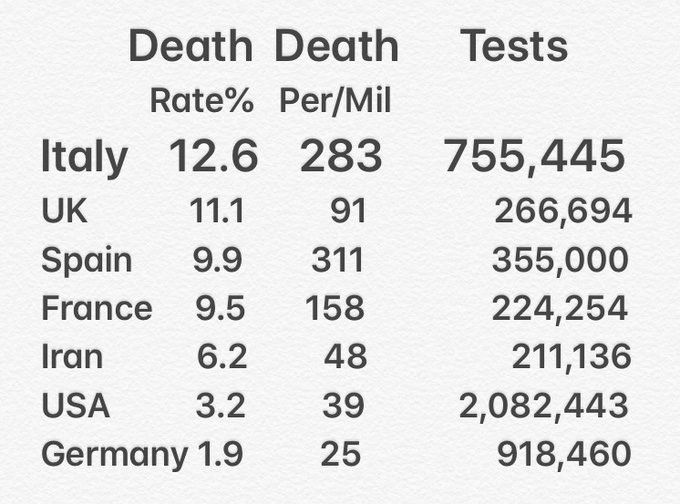William McGurn had a piece in Monday’s Wall Street Journal about Bernie Sanders’ (I, VT) attitude toward capitalism, centered on Sanders’ view that every economically successful person is necessarily selfishly greedy, and by extension, that that person’s success is from the fundamental zero-sum nature of capitalism.
Sanders is wrong.
At the bottom of capitalism is an entirely voluntary exchange between two people, each seeing to his own interest. At the end of the exchange, each has satisfied his own interest: each is better off from the exchange than he was before it because each has gained something that he wanted and didn’t have.
And: each, with that exchange, has made the other better off, too.
It scales up. Businesses prosper by making their customers better off, and by giving those businesses their custom, customers make those businesses better off. The better each does—at satisfying both themselves and the others—the better the other does, too.
Both of these are lost on folks like Sanders, and Joe Biden. They don’t even conceive the notion.
Their blinders notwithstanding, though, it’s hard to find a more moral economic system. It’s also hard to find a less zero-sum economic system.

